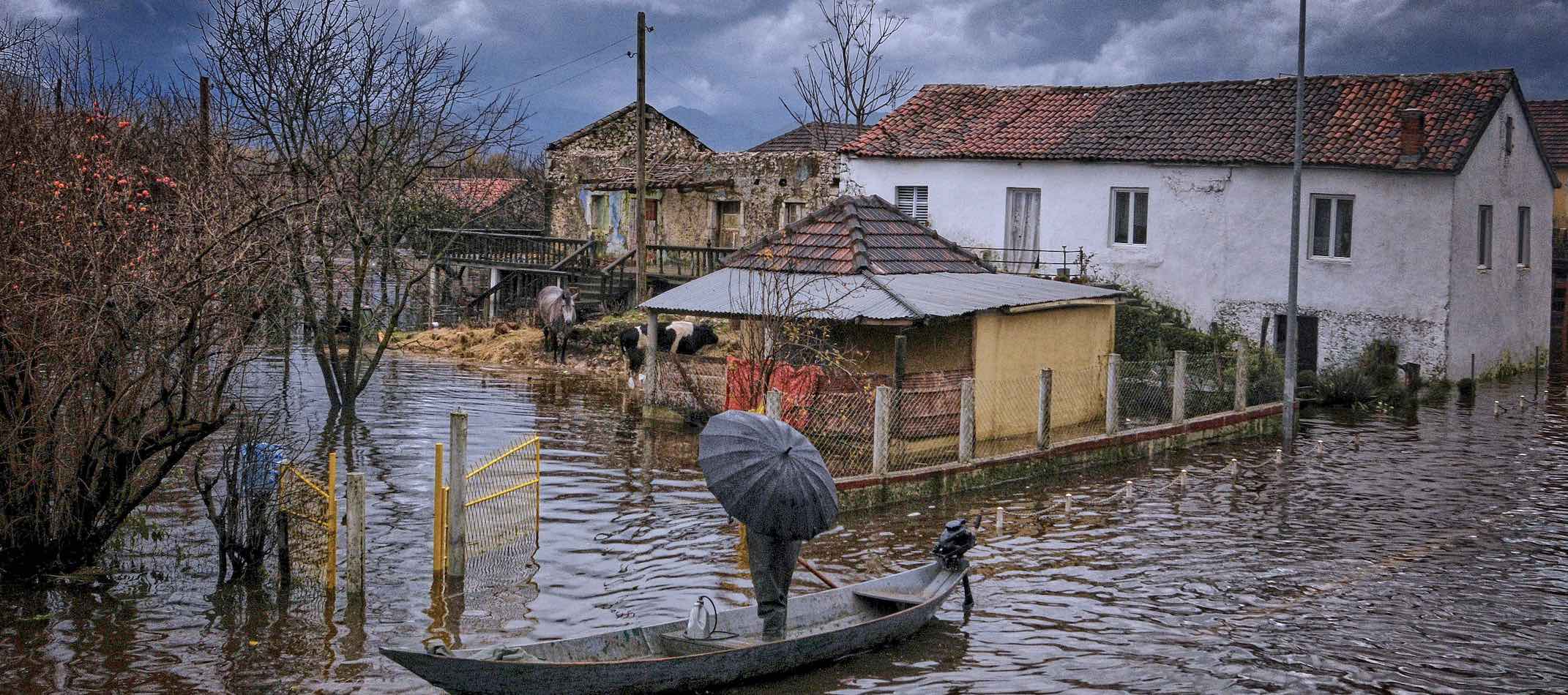
Photo:
The project aims to improve Montenegro’s institutional capacity for long-term adaptation planning by strengthening its institutional coordination framework, expanding the technical capacities of those responsible and involved in adaptation planning, enhancing the evidence base required for effective decision-making, and developing a resource mobilization strategy. The project focuses on the national level and operates across four priority sectors—water resources, public health, agriculture, and tourism—aligned with existing government policies.
- National
- National Governments
- Ministry of Ecology, Spatial Planning and Urbanism in Montenegro
The overarching objective of the project “Enhancing Montenegro’s capacity to integrate climate change risks into planning” is to improve the country’s institutional capacity for long-term adaptation planning. To achieve this, the project focuses on (1) improving the institutional coordination framework and increasing institutional capabilities, (2) increasing climate information and identifying potential adaptation measures, and (3) identifying financial requirements and resources to fund adaptation investments.
The projected impacts of climate change in Montenegro include increased frequencies and intensities of floods and droughts, water scarcity, and intensification of erosion, sedimentation, snowmelt, sea level rise, as well as damage to water quality and ecosystems. To address climate change risks, the Government of Montenegro has taken several foundational steps to develop a long-term adaptation planning process that is anchored in the National Climate Change Strategy by 2030 and Montenegro’s National Communication. While these steps provide a starting point, several gaps were identified: (1) An underperforming coordination framework, (2) a lack of institutional capacity, (3) insufficient information, and (4) a lack of finance to fund adaptation investments, and (5) a private sector that has a low capacity to understand and respond to climate vulnerabilities and risks.
This project aims to establish a foundation for systematic and iterative adaptation planning in Montenegro by identifying climate risks and adaptation options. Focusing on four key sectors, the strategic approach aims to enhance resilience, facilitate access to international funding sources, and engage the private sector in providing financial resources. The project will also strengthen the awareness and capacities for adaptation planning of multiple stakeholder groups to create a better learning environment and iterative adaptation planning and action. The project is the first stage (Phase I) of what is intended to be a two-staged approach to utilizing Green Climate Fund support for adaptation planning. The second stage will build on Phase I, amongst others, by expanding the adaptation planning process to additional sectors, integrating the private sector further, and enhancing strategies for financing and tracking adaptation finance.
Outcome 1: Adaptation planning governance, institutional coordination, and technical capacity strengthened;
Outcome 2: An enhanced evidence base for designing gender-sensitive adaptation solutions;
Outcome 3: An adaptation finance mobilization strategy developed.

